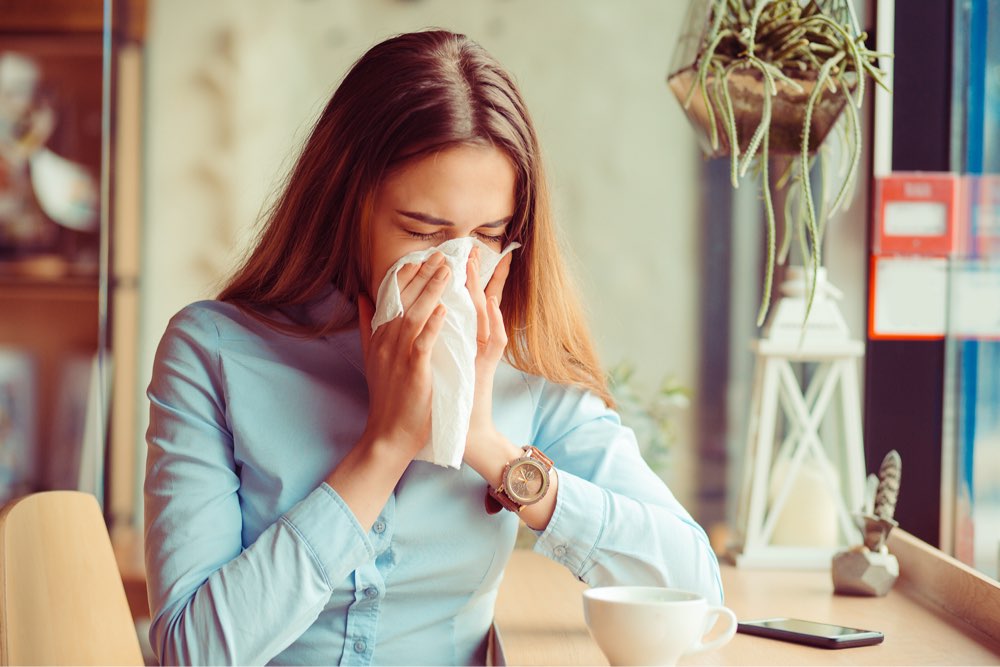Common causes of night time allergies
All those suffering from seasonal or environmental allergies may have noticed that by night time, the symptoms get worse. This is quite common in many individuals. Its severity may depend on the type of allergen, geographical location, air quality, and weather conditions. Let’s take a look at some common causes to manage night-time allergies and their symptoms in a better way.
- Dust mites
These minute-sized bugs are found all over your bedding, pillows, curtains, carpets, sofas, bedsprings, or anything that collects dust.

- Pet dander
One of the common causes of night-time allergies in the country is pet hair or dander. If your pet sleeps with you in your bed, it may trigger symptoms like wheezing, coughing, or a runny nose. These are not only activated by cats and dogs but also caged animals like guinea pigs, rabbits, hamsters, or gerbil. Reduce allergen levels by bathing your pets frequently with a non-allergen shampoo.
- Pollen
During warm or hot weather, the quantity of pollen in the air is higher outdoors. These are mostly seasonal allergies, so to avoid catching them, it is advisable to check the pollen count before stepping out. To reduce pollen from entering the household and causing night-time allergies, it is advisable to change clothes when stepping in from outdoors and taking a bath before bed.
- Indoor mold
Mold grows in humid spaces in the house like air conditioning vent, shower curtains, sinks, old books, carpets, and refrigerator trays. Make sure you use a dehumidifier to reduce night-time allergies. Cleaning humid pocket spaces regularly may also keep mold from growing and spreading. Sometimes even slight wet clothes emit a musty smell that is a sign of mold infestation.
- Cockroach infestation
Cockroaches shed saliva, feces, and bodily shedding that can cause severe night-time allergies and even hay fever. The number of cockroach allergens is usually higher in urban areas. Infestation of cockroaches can cause sinus and ear infections as well. To avoid such things, never leave dirty dishes in the sink, clean your home regularly, and seal garbage cans properly.